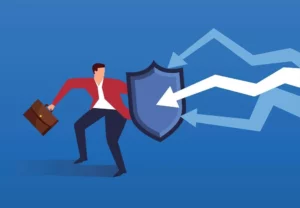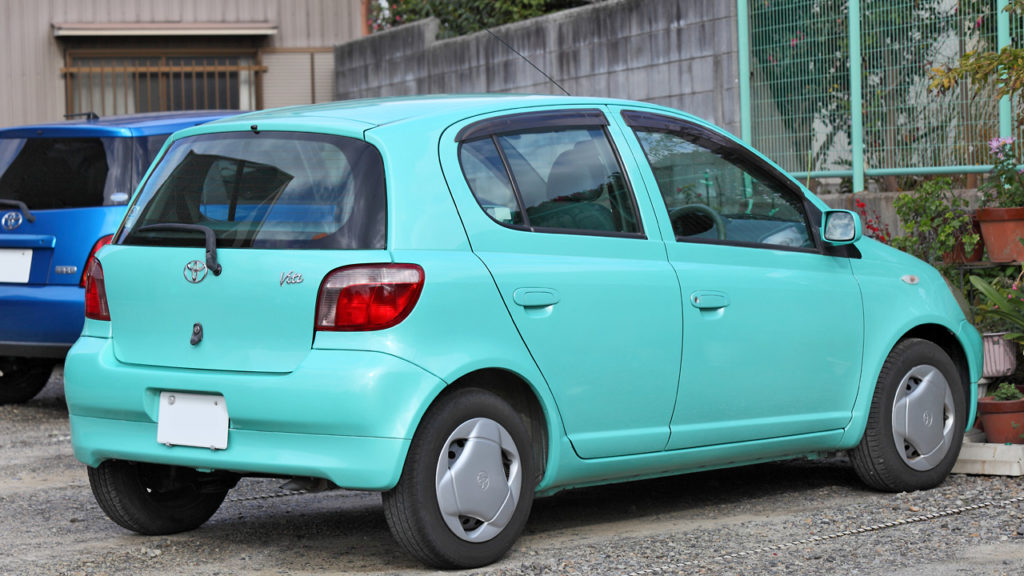Inflation is simply the increase in prices of daily use items and the consequent loss in value of our currency. The current devaluation linked to inflation has excessively affected the cost of essential items like edible oil, electricity, meat, fruit and vegetables.
The alarmingly high inflation rates are soaring into the double digits, making money management difficult for the average middle-class family. To learn more about how to manage your money in tough times, visit our blog, Managing Budgets In A Hyper Inflationary Environment
In a country that invests primarily in traditional money based options like savings certificates, savings accounts and fixed deposits, growing inflation is a severe problem that needs a planned-out financial strategy that deviates from the norm.
Our savings are being significantly affected by inflationary forces. Global events like the Russian-Ukraine war, Covid-19, and our own inhouse politics are all factors of instability and prove that inflation is an uninvited element in our lives.
These international events have severely impacted long-term investments and are threatening our savings while increasing the average cost of living across Pakistan.
The rise of inflation in recent months shows that it is always essential to ensure that rising prices aren’t eroding your savings.
However, not every investment option is vulnerable to market fluctuations. Now that we all know what inflation is and what it is doing to us, the real question to ask is where should we invest our money to insulate it from the invasive effects of inflation
How Can We Beat Inflation by Investing
Our money is a rapidly depreciating asset in today’s economy, and the only way to combat rising inflationary rates is to invest carefully. Investors have difficulty assessing which investment opportunities can yield higher returns during rising inflation.
Since inflation has the power to turn positive returns to negative, consider an inflation rate of 10%, while most banks in Pakistan offer a maximum of 8% interest rates on fixed deposits. This difference between inflation and returns reduces your long-term money and erodes your long-term savings.
Remember that there is no definite route to beating inflation. However, there are multiple strategies that can help reduce the impact of rising inflation on your investment portfolio and wealth generation plan.
We’ll go through some of the steps that can help protect savings from inflation.
Shop around for the best interest rate
It is a general rule of thumb to have a minimum of six months’ worth of living expenses saved in an easy-access account as an emergency fund. This account should ideally be an easy to access one so that you can instantly withdraw money from it.
Interest rates on savings accounts are usually low but vary, so make sure you shop for the best rate.
Try to Invest for the Long-Term
If you can afford to lock your money away for an extended period of time, long-term investment options are a better choice. Investing in stocks, bonds and equity funds have the potential to offer substantial returns on your initial investment. This is particularly true if you start investing in down markets.
All these options are driven by the principle of compounding and can add increasing value to your invested sum. However, not every long-term investment can do this, so invest after doing your research.
Look Beyond Fixed Deposits
Historically fixed deposits are not a way to grow your wealth and do not protect the investor from inflation. If the interest rate is less than the average inflation rate in the country, then your investment returns are compromised.
To ensure long-term financial stability and security, you must send your money to work. Savings through fixed deposits are safe but are rarely sufficient to beat inflation.
To insulate savings from inflation, you need to look beyond fixed deposits as investment options. Explore avenues like stocks, mutual funds, real estate, gold and exchange traded funds (ETFs) to ensure you stay ahead of the crowd.
· Gold
Gold has always been a preferred investment option for people in Pakistan. It is generally seen as a good deterrent against inflation. Culturally we all own gold in the form of gold ornaments passed down through the generations.
The metal has constantly seen an increase in value during economic crises. It is usually seen in an inverse relation with the US dollar. Apart from the typical investment in physical gold in the form of jewellery and coins, investors can also explore options like digital gold, gold ETFs and sovereign gold bonds, as well as silver to store their wealth.
· Real Estate
Another successful investment option is real estate. Real estate usually works as a hedge against inflation and allows property owners and landlords to increase the value of their tangible assets as well as earn rental income from their investment
There are two ways to invest in real estate: by buying property direct or indirect investments through real estate investment trusts (REIT). The latter is also an opportunity for small and medium investors to participate in the commercial real estate market.
· Mutual Funds and ETFs
Mutual funds and ETFs are very popular globally in helping to make savings inflation-proof. Most usually offer returns linked with the prevailing rate of inflation.
However, both can be volatile and are a higher risk option. Mutual funds and ETFs are viable options of investing available to new investors and allow you to invest in lump sums or through a monthly investment plan.
This means that people with money lying in their accounts can start a monthly or periodic investment plan. These can be liquid in nature, so you can invest as low or as high as you want.
Shift longer-term savings into Equities
For savings that are above what you need for your emergency fund and short-term needs, evaluate different options of investments. Go for the one with better potential for long-term growth.
In Pakistan, historically, the most effective investments that have beat inflation over the long term have been real estate and equities. However, you need to have the risk appetite to accept fluctuations in asset values.
In addition, the average middle-class person rarely has the amount of capital lying around to invest in real estate options. It needs to be saved up for.
Choose your investments wisely
To avoid risk, you can choose other investments that mitigate losses in value and cover inflation risk. However, these would be less profitable and offer lower returns.
Inflation’s impact on the economy is never uniform, but it is recurring. Inflation is not likely to go away, and relying on traditional forms of savings and investments won’t be sustainable in the long term, especially with the ever-growing demands and needs of our families and children.
To ensure you have the financial potential to pay for necessities and indulge in the luxuries of the modern world, you must embrace change and acquire greater financial literacy to save your hard-earned money.
Maximise Tax Efficiency
A sensible investment strategy should involve holding a wide variety of assets and using tax-efficient investment options. Understanding what is suitable for you isn’t always easy, and that’s where getting some competent advice can help.
With the tax net being widened and deepened, we need to assess which avenue would be the best in light of tax rates. Many pension-based investment plans are tax-efficient vehicles that can help boost your savings’ future value.
Bottom Line
If you invest, then you can reduce the risk of losing value to inflation by spreading it between different forms of investments, known as asset classes. These could be shares, bonds, gold, property, and cash. The process of spreading out investments in different asset classes is known as diversification.
A diversified portfolio doesn’t guarantee you’ll be protected from losses. But it does help lower the risk of losing value to inflation. This happens as the values of different types of assets don’t always move in the same direction.
In a diversified portfolio, a fall in the price of one investment has less of an impact overall.

Sadia Zaheer holds a Masters in Business Administration from IBA, Karachi. After working in several financial institutions in Client Management, Corporate Lending, Islamic Banking and Product Management she jumped careers to pursue a career in writing.
She is a Finance, Business and HR Development writer with four years of experience. She reads a lot and takes care of her multiple cats to remain calm.






